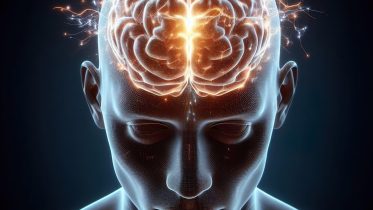EPFL researchers are advancing non-invasive brain stimulation methods to target and modify deep brain regions involved in neurological disorders. Their innovative approach offers potential for less invasive, personalized treatments with wide applicability and minimal side effects. Credit: SciTechDaily.
com Neurological disorders like addiction, depression, and obsessive-compulsive disorder (OCD) impact millions globally, presenting with complex pathologies that involve several brain regions and circuits. Treating these conditions is particularly challenging due to the complex and not well-understood functions of the brain, along with the difficulty of administering therapies to deep brain structures in a non-invasive way. In the rapidly evolving field of neuroscience, non-invasive brain stimulation is a new hope for understanding and treating a myriad of neurological and psychiatric conditions without surgical intervention or implants.

Researchers, led by Friedhelm Hummel, who holds the Defitchech Chair of Clinical Neuroengineering at EPFL’s School of Life Sciences, and postdoc Pierre Vassiliadis, are pioneering a new approach in the field, opening frontiers in treating conditions like addiction and depression. Research Highlights and Technique Description Their research, leveraging transcranial Temporal Interference Electric Stimulation (tTIS), specifically targets deep brain regions that are the control centers of several important cognitive functions and involved in diffe.























